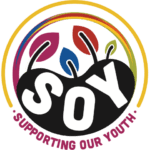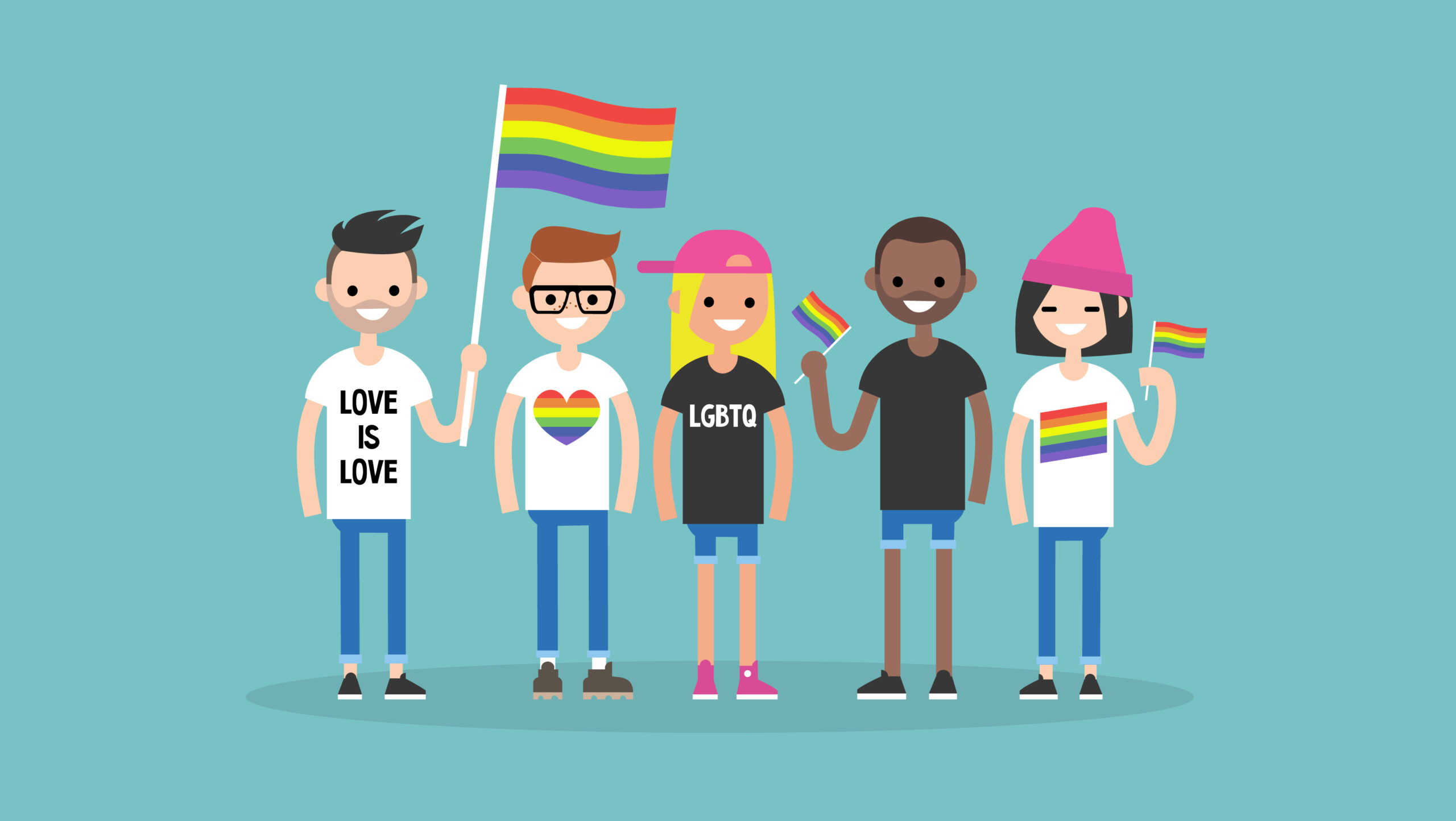This content was created by Xtra’s branded content team alongside Supporting Our Youth, separate from Xtra’s editorial staff. Celebrate 20 years and beyond at the 2018 SOY Bowlathon, Oct 20, 2018, at The Ballroom.
He decided to leave his country after a pair of brutal homophobic attacks left one friend permanently scarred and another blind and disabled — that was six years ago.
As a young gay man, Kenny Hazel, a native of St Kitts and Nevis, says life in his country always meant looking over his shoulder. So he scraped together enough money for a one-way ticket to Toronto and never looked back.
When he arrived in Canada he was faced with different kinds of struggles.
“When I first arrived, I did a lot of bouncing around and couch surfing,” Hazel says. “It’s not the best way of surviving, but it’s what I needed to do.”
Hazel says he experienced other challenges as well. He says he struggled to find secure housing, employment and access to health care. Separation from family and needing to find connection in the wider queer community was also difficult for Hazel.
Then, he says he found Supporting Our Youth (SOY), a program of Sherbourne Health and Toronto’s principal service for LGBT youth. Hazel says the program helped him overcome the challenges as a queer newcomer.
“SOY helped me to explore housing options and connected me with food banks. The services also helped me to have confidence that I could make a life here for myself,” he says.

Kenny Hazel at SOY’s 20th anniversary celebration. Credit: Courtesy Daniel Lastres
The challenges Hazel faced back home in St Kitts and Nevis might seem extreme, but according to SOY, LGBT youth in Canada face similar challenges, much more than the community might realize.
Nearly 50 percent of the youth served by SOY are newcomers, says Adam Benn, manager of LGBT2SQ community programs at Sherbourne Health. A significant number of those are refugees and nearly three-quarters are visible minorities.
In addition to the usual struggles of coming out, Benn points out that these newcomers are often navigating a new country and a new language, while also dealing with separation from family and racism. Aside from assisting with these more urgent matters, the service also helps youth learn to express themselves, make community connection, build leadership skills and develop independence.
Benn identifies the transition into adulthood as a key challenge facing youth within this community.
“Losing their housing or experiencing homophobia and transphobia in schools and work can create barriers that result in youth transitioning to adulthood later in life,” Benn says.
Benn says that all of SOY’s programming is open to youth up to age 29, but notes that even after turning 30, many continue to struggle. “A large part of this is due to larger systemic barriers, like general access to affordable housing — which is a barrier for many who currently live in Toronto, or transphobia in the workplace, which is still a major issue for gender diverse folks seeking employment,” Benn explains.
As a queer-led program, SOY has a window into the unique challenges youth from this community face. Along with helping them navigate things like workplace transphobia and rejection by family, it also means they’re able to meet youth where they are at in any given moment with an understanding of the particular impact coming out or transitioning can have on all other aspects of life.
This often means they can make better referrals for youth to specific services they need, with the confidence that they’ll be treated with the sensitivity and respect they deserve.
“Toronto has LGBTQ spaces but not all of them are youth friendly,” Hazel says. “For newcomer youth, we can face a lot of job discrimination as well, because they don’t see work experience we have from our home countries as valid. And for youth who are trans or non-binary, finding a workplace that’s going to acknowledge their gender and treat them with respect can be really hard.”
“And all of this is going on while you’re just trying to find your way in the world.”
With the help of SOY, Hazel has secured housing, worked through his immigration status, and is preparing to start school for social work next year. All of these are part of SOY’s new Goal Planning Service. Some of the program’s services include working with youth to identify and achieve personal milestones, accompanying them to appointments with medical practitioners, legal services or landlords. It also offers support around substance use, self-care and gender transitioning.
“SOY gave me a lot of hope and I’ll always be a supporter of theirs,” Hazel says. “When I arrived in Canada it was just about escaping something. But they helped me to figure out a plan for my future and decide what I wanted to do.”
“For me, it’s been less like an organization and more like a family. I’ll always be thankful for what they did for me.”
Supporting Our Youth
Learn more or make a donation at soytoronto.org


 Why you can trust Xtra
Why you can trust Xtra